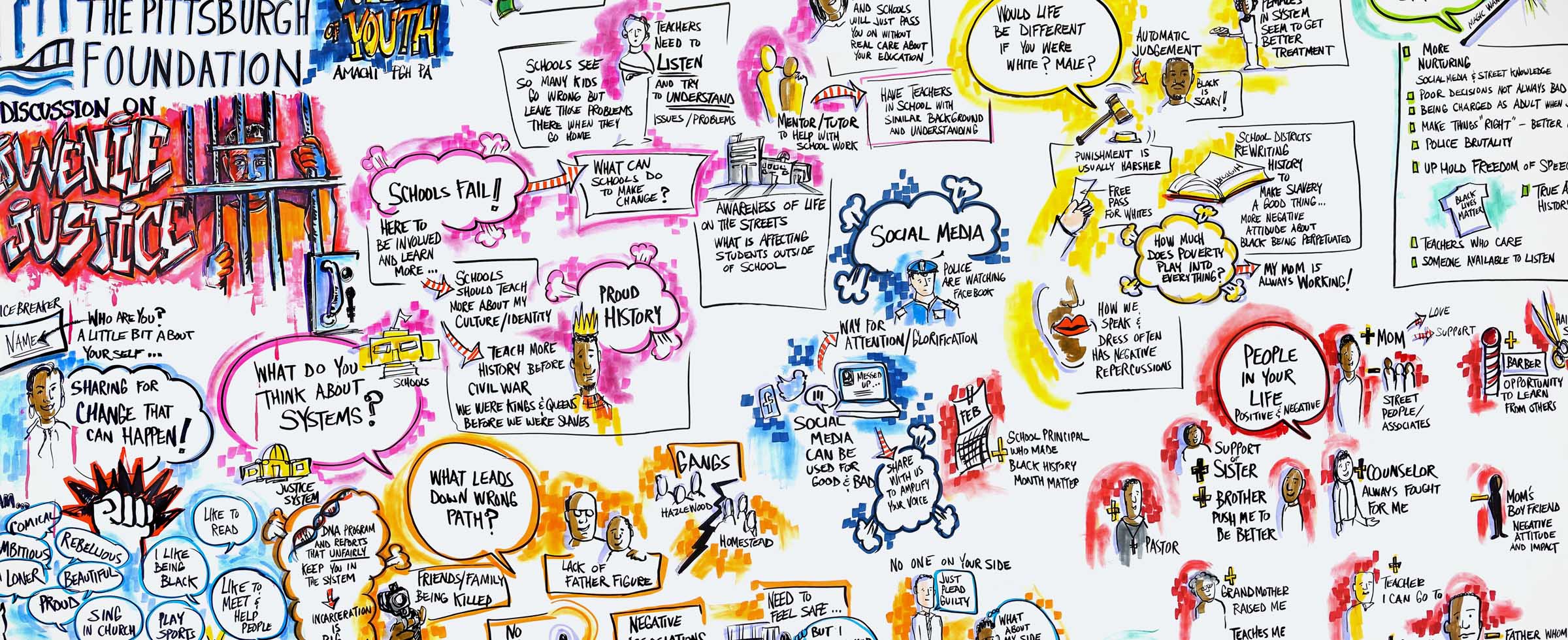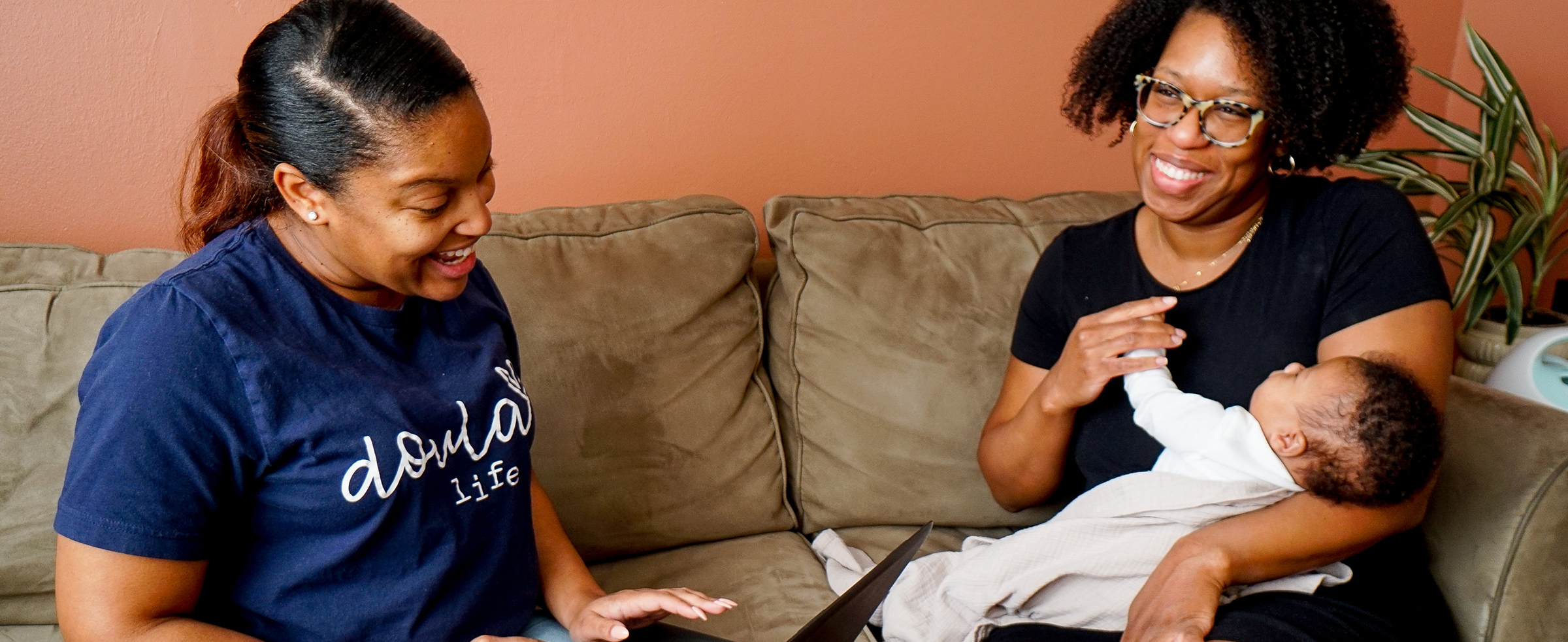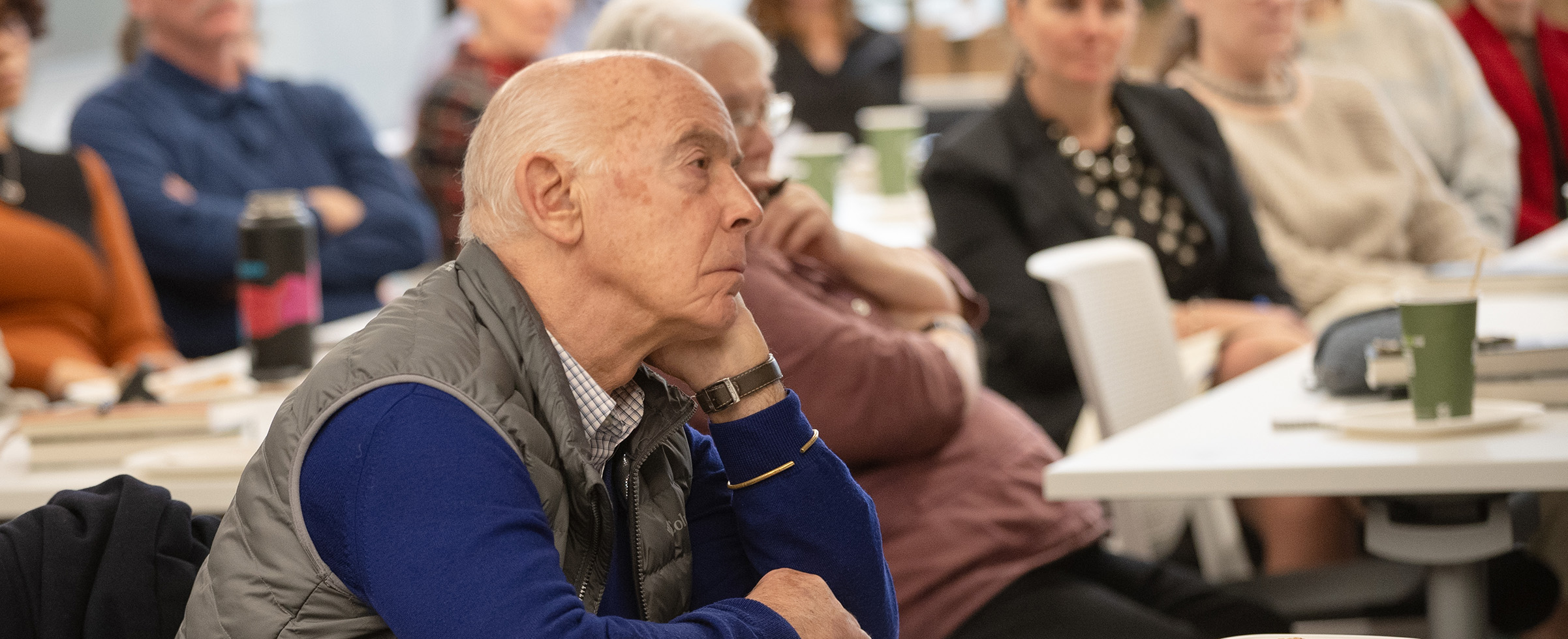Voices for justice

AMBER KNIGHT WALKED OUT of Danville Center for Adolescent Females, Pennsylvania’s maximum-security detention center for teen girls, a month before her 18th birthday. She had been serving time for aggravated assault, but her difficulties had begun long before her sentence. “I was selling drugs at 11 and engaged in prostitution at 13,” the Hill District native explains. But her release from Danville didn’t improve her life prospects. Without a permanent home or family, she struggled for another decade to provide for her four children.
Now 34, Knight has succeeded against daunting odds. Looking back, she believes that having a voice in the decisions that shaped her life might have changed her story.
In the fall of 2015, The Pittsburgh Foundation launched a pilot project to gather data on the lived experience of youth engaged with the juvenile justice system in Allegheny County. The Youth Voices Initiative—part of the Foundation’s 100 Percent Pittsburgh multiyear organizing principle—makes understanding the hopes and lives of those aged 12 to 24 a central consideration in grantmaking, convening, policy development and advocacy initiatives. In order to help the 30 percent of area residents who live in poverty and face barriers to fill participation in the new economy, the Foundation will need more than just quantitative data. To be successful, 100 Percent Pittsburgh will also require the insights and expertise of affected individuals themselves.
The Foundation set up discussion groups with youth that were more than casual Q&As: they were invitations to teens to contribute their experiences to help examine, understand and eventually transform the systems that affect their lives. Most of the youth who attended were involved with the county’s human services and juvenile justice programs.
The region urgently needs new strategies to help youth who find themselves engaged with the justice system. Early experience in juvenile correction facilities, with the attendant risks of physical and emotional abuse, vastly increases the chance of later arrest and incarceration, according to studies by the Annie E. Casey Foundation. Classmates or teachers may stigmatize students on juvenile probation.
“The discussion groups focused on youth as individuals, rather than as youth experiencing the juvenile justice system,” says Michael Yonas, the Foundation’s senior program officer for Social Innovation, Research and Special Initiatives. “Instead of asking youth what they’ve done to enter the justice system, we now ask, ‘What has happened to you?’ ”
Meticulous planning for the sessions included a commitment to ethical, transparent conversations; on-site support staff to help with immediate problems; and creative activities. The Foundation convened a group of adults and provider agencies—a group that included Knight, who now serves the Allegheny County Department of Human Services as a Youth Support Partner—to guide the discussions and interpret the data and findings. A professional artist sketched out participants’ comments and suggestions to further amplify their voices and to illustrate the powerful cycles that can prevent young people from reaching their potential.
The youth arrived ready to share their experiences, both positive and negative. They described the context and varied influences of their lives, including the stresses of hunger and homelessness, disruptive schools and family addictions. Knight sums up their narratives: “It’s the same story, with different storylines—neglect, and wanting more for themselves, their child or family.” They voiced their frustrations about encounters with the juvenile justice system and expressed a strong desire to be involved in decisions that affect their futures. Despite anger and confusion, they were often able to recall an adult—a foster parent, juvenile probation officer, caseworker or teacher—whose interventions or advice had helped. The young men and women asked for more adult confidants who could help them understand school placements, foster homes or criminal charges—and could explain what choices they have within those systems.
“There’s a huge disparity between children, youth and family services and juvenile probation,” says Aaron Thomas, manager of professional development and coaching for Youth Support Partners. But he adds that cooperation among caseworkers and probation officers is improving. “We need to make sure that supports are in place before youth leave the juvenile justice system. If there’s no plan, we’re setting kids up for failure. They’re knocked out of society already, at age 18.”
Findings from the Voices Initiative will be shared with youth experts, advocates and service providers. Yonas says the deeper engagement with youth will help inform the Foundation’s related grantmaking, convening, policy and advocacy work. “It’s really important and reassuring for us, as a community foundation, to emphasize the community voice and make sure that people affected by a problem are deeply involved in creating solutions,” he says.
Original story appeared in the 2015-16 Report to the Community




